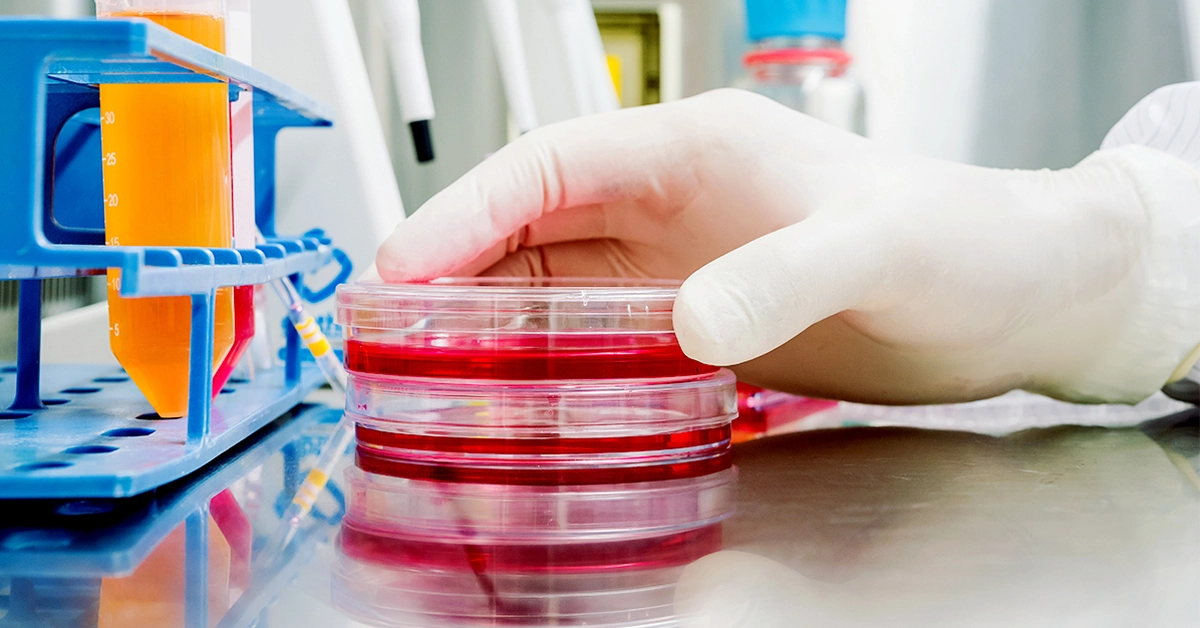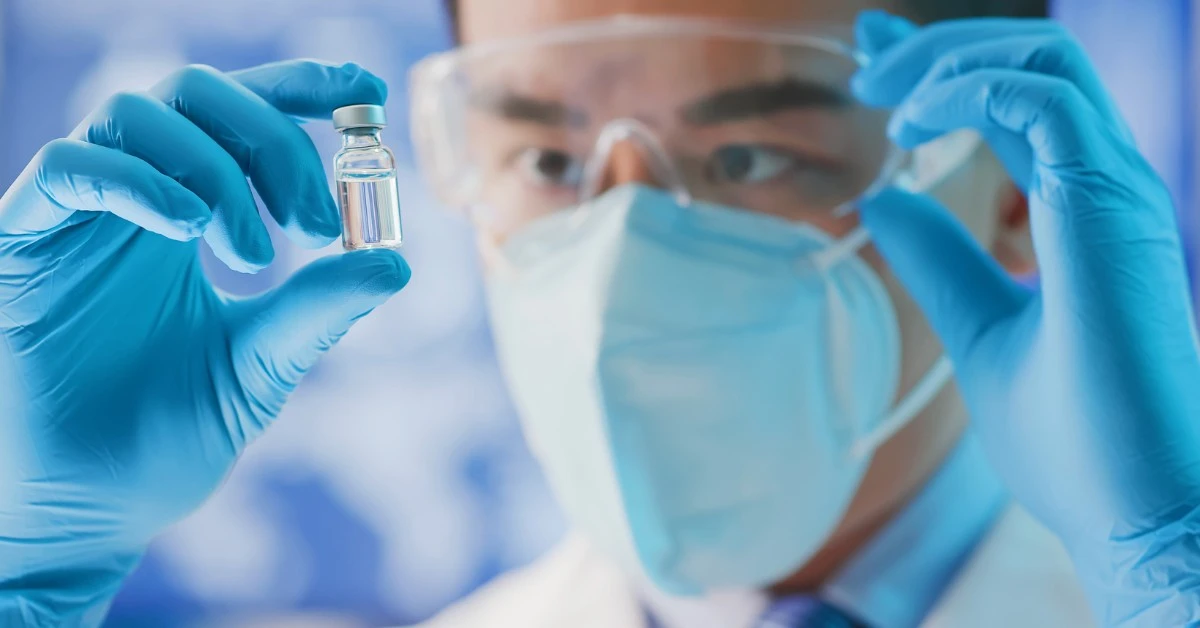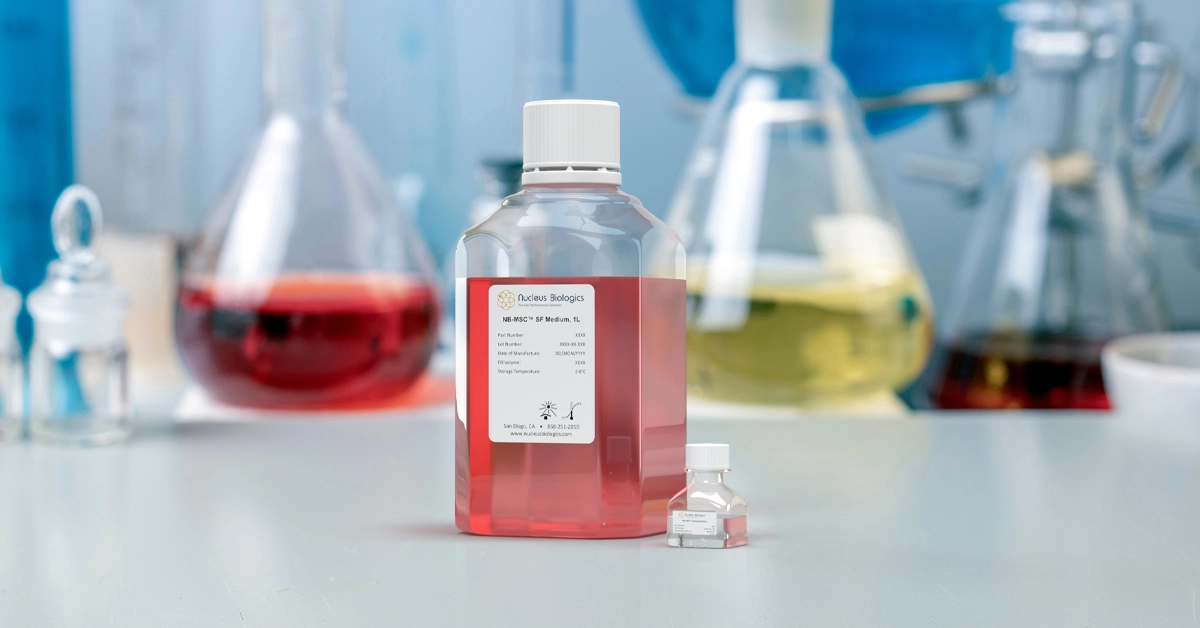In an independent study, researchers used Physiologix xeno-free serum replacement supplement to enhance expansion and anti-tumor phenotypes in mucosal T cells [1] .
A scientific collaboration between the University of Utah and UNC Chapel Hill has been studying a specific subset of T cells called mucosal-associated invariant T (MAIT) cells. MAIT cells have promising potential for use in anti-tumor immunotherapy because they are HLA- independent. This means that donated MAIT cells could be used to treat anyone regardless of HLA tissue type, and that MAIT cell anti-tumor cytotoxic activity would not be impacted by down-regulation of HLA markers on the surface of cancer cells.
Unfortunately, existing MAIT cell expansion protocols are associated with unfavorable changes in the T cell subpopulation, including an increased frequency of CD4+ MAIT cells, a subtype that produces fewer effector molecules and higher inhibitory receptor expression. Because immune cell proliferation is dependent on how the cell metabolizes nutrients, cell culture media composition plays an important role in overall cell health and function. The scientists therefore realized that if they wanted to enhance MAIT cell proliferation, they would need to optimize cell culture conditions in a cell type-specific manner.
Cytokines are effector proteins used by immune cells to mediate the immune response– and glucose is a critical nutrient for immune cell cytokine production. MAIT cells have a lower metabolic rate than conventional T cells, and their cytokine production is highly dependent on glucose availability. In this study, scientists decided to replace FBS-based media supplementation with Nucleus Biologics’ Physiologix, a novel serum replacement media supplement that has previously been shown to enhance T cell survival and function in vivo [2] . The goal was to see whether the switch to a media formulation designed to enhance nutrient availability might be able to switch MAIT cells from an oxidative metabolic pathway to a glycolytic pathway. This would theoretically favor CD8+ MAIT cell expression over CD4+ MAIT cell expression and help increase effector function.
Cryopreserved human PBMCs from healthy anonymous blood donors were used to carry out the study. Cells were thawed, then seeded into 24-well plates containing the following growth media formulations: RPMI 1640 with 5%, 10%, or 20% FBS, RPMI 1640 with 2% Physiologix, and Immunocult-XF T cell expansion medium with 8% CTS serum. Cell culture media was further supplemented with cytokines IL-2 and IL-7 to promote immune cell growth. The cells were stimulated three times over the course of 10 days with the ligand 5-OP-RU, a potent MAIT cell activator. 50% of the media was exchanged every 2-3 days to provide the growing cells with fresh cytokines.
On days 0, 7, 10, and 14 of cell culture expansion, 100 mL of each cell suspension was collected for FACs analysis, and samples were analyzed for MAIT cell count, frequency, activation, and inhibitory receptor markers. Flow cytometry results showed that there was a significant increase in MAIT cell count and frequency on both days 7 and 14 for cells cultured in RPMI with 2% Physiologix compared to cells cultured in either FBS-supplemented RPMI or Immunocult-XF with 8% CTS.
In-depth analysis of cell surface markers revealed that media supplementation with Physiologix Serum Replacement during MAIT cell expansion resulted in increased proliferative capacity and significantly fewer CD4+ MAIT cells compared to supplementation with FBS. Physiologix- supplemented MAIT cells also exhibited significantly fewer cells expressing inhibitory receptors compared to FBS-supplemented MAIT cells.
For the second portion of their study, the scientists designed an infection response model. MAIT cell cultures expanded in RPMI 1640 supplemented with either 10% FBS or 2% Physiologix were co-cultures with THP-1 cells (human monocytes) to act as antigen-presenting cells. The co- cultures were subjected to E. coli stimulation for 20 hours. Following stimulations, flow cytometric analysis showed that though no differences were observed in MAIT cell subset frequencies, MAIT cells expanded in Physiologix-supplemented media showed lower expression of inhibitory receptors TIM-3, LAG-3, and PD-1, and non-significant but higher IFN-g and TNF-a production, both of which are pro-inflammatory cytokines involved in the immune response.
Overall, this study shows that the growth and expansion of MAIT cells in Physiologix- supplemented media enhances therapeutic cell function compared to more traditionally supplemented cell culture media. These findings can potentially help researchers develop safer, more effective cancer immunotherapy treatments. At Nucleus Biologics, we understand that cell culture media formulation is central to peak cellular performance. To find out how our expertly designed culture media, media supplements, and biological solutions can bring out the best in your cells, please visit our website today.
References
- Daniel Labuz, Jackson Cacioppo, Kelin Li, Jeffrey Aubé, Daniel T. Leung; Enhancing Mucosal-Associated Invariant T Cell Function and Expansion with Human Selective Serum. Immunohorizons 1 January 2023; 7 (1): 116–124. doi: 10.4049/immunohorizons.2200082
- Ghassemi S, Martinez-Becerra FJ, Master AM, et al. Enhancing Chimeric Antigen Receptor T Cell Anti-tumor Function through Advanced Media Design. Mol Ther Methods Clin Dev. 2020;18:595- 606. Published 2020 Jul 9. doi:10.1016/j.omtm.2020.07.008




